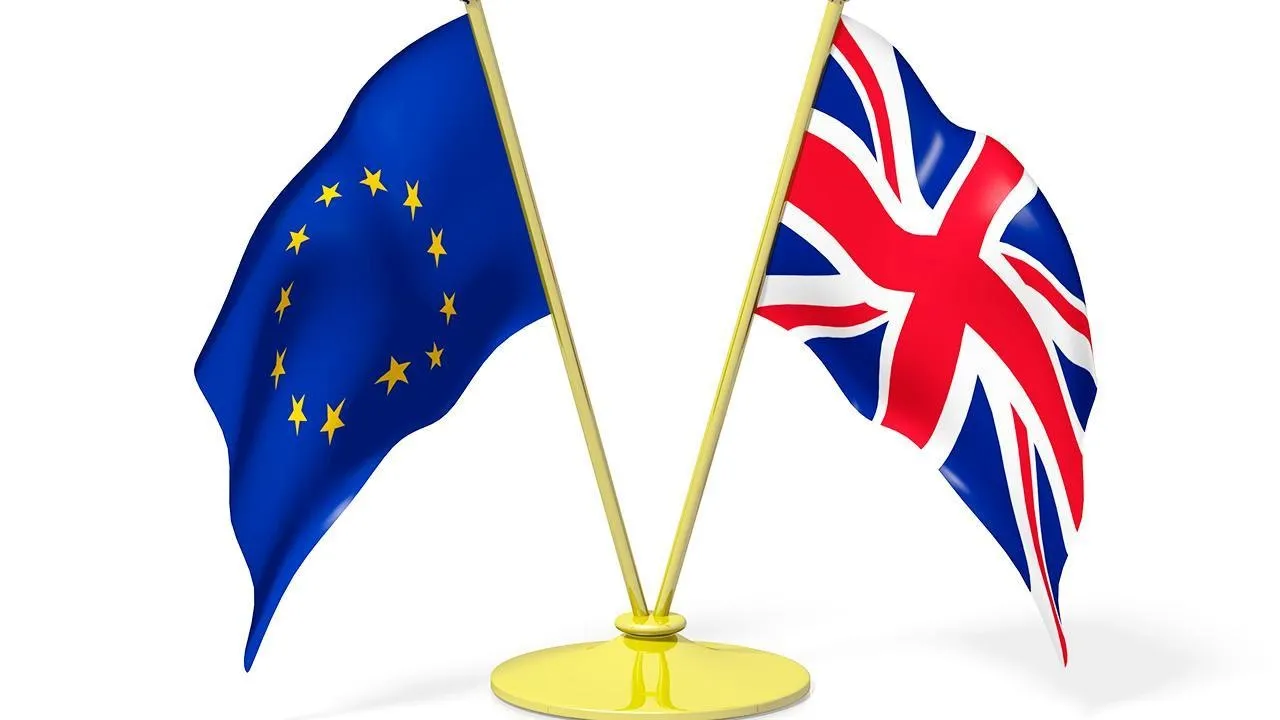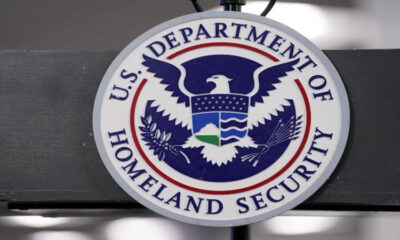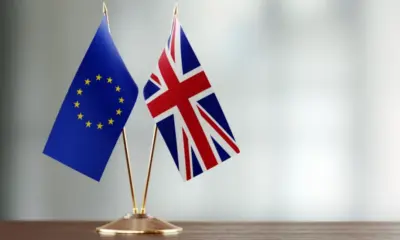News
EU–UK Relations Thaw as New Trade and Immigration Deals Progress

After several years of diplomatic strain and economic uncertainty, relations between the European Union and the United Kingdom appear to be improving significantly. Recent progress on trade and immigration agreements has signaled a new era of pragmatic cooperation following the turbulence of the post-Brexit period. Negotiators on both sides have emphasized that these developments are not a full return to pre-Brexit integration but rather a step toward a more stable and mutually beneficial partnership. The thaw comes at a time when both London and Brussels face global economic headwinds and evolving labour market demands that require closer coordination.
Post-Brexit Realignment and Trade Developments
The latest round of talks between the EU and UK trade officials has yielded a framework aimed at reducing friction in goods movement and simplifying customs procedures. Both sides are seeking to ease the administrative burdens that businesses have faced since Brexit while maintaining regulatory autonomy. The new arrangements, expected to take effect in early 2026, will prioritize the flow of key industrial and agricultural goods, a sector particularly affected by border delays and rising compliance costs.
Under the proposed agreement, British exporters would gain more predictable access to EU markets through streamlined digital documentation and mutual recognition of certain product standards. For the UK government, this initiative forms part of a wider effort to stimulate growth in manufacturing and services by restoring stability to trade relations. Analysts note that this pragmatic approach reflects a growing realization in Westminster that cooperation, rather than confrontation, yields better economic outcomes. Meanwhile, EU leaders have framed the new deal as a demonstration that constructive engagement with post-Brexit Britain remains possible without undermining the integrity of the single market.
Financial services, long a cornerstone of the UK economy, are also part of ongoing discussions. Although the EU is unlikely to restore full passporting rights to London-based firms, both sides are exploring enhanced regulatory dialogues to prevent market fragmentation. The London financial sector continues to advocate for closer cooperation on green finance, digital assets, and cross-border investment, areas where both jurisdictions stand to benefit from joint standards and oversight. These trade adjustments are being described as incremental but meaningful progress toward a more balanced and predictable relationship.
Labour Market and Immigration Cooperation
Another key breakthrough lies in the area of labour mobility and immigration policy. Facing labour shortages across sectors such as healthcare, agriculture, and construction, the UK is negotiating sector-specific visa pathways with EU member states. The initiative aims to allow temporary mobility for skilled and seasonal workers, easing pressure on industries struggling to fill critical roles. In return, the EU is pushing for reciprocal access for UK professionals in areas like finance, technology, and creative industries.
Economists believe that such arrangements could help address mismatches in labour markets on both sides of the Channel. Britain’s post-Brexit immigration framework, which initially prioritised a points-based system with global scope, has evolved to acknowledge that proximity and shared labour needs remain key to economic stability. Early pilot schemes are being tested between the UK and countries such as Spain, Poland, and Ireland, with the goal of expanding to a bloc-wide model in 2026.
These developments also hold political significance. Public opinion in both the UK and several EU states has shifted toward favouring practical cooperation after years of political fatigue over Brexit negotiations. The softening of rhetoric, combined with visible progress on migration and trade, has helped to rebuild trust between governments. Analysts from think tanks across Europe suggest that a new “partnership pragmatism” is replacing the ideological disputes that once dominated the agenda.
Conclusion
The emerging thaw in EU–UK relations represents one of the most significant diplomatic shifts since Brexit. While fundamental differences over regulatory control and political sovereignty remain, both sides are showing a willingness to move beyond confrontation toward collaboration. The recent trade and immigration initiatives signal a broader realignment built on mutual economic interest and shared labour market needs.
For the United Kingdom, the rapprochement provides an opportunity to stabilise supply chains, rebuild investor confidence, and ensure that British industries remain competitive within European markets. For the European Union, closer cooperation offers improved access to skilled labour, stronger energy and trade links, and renewed geopolitical partnership with a close neighbour. As both sides navigate a complex global economy, this pragmatic reset in relations marks a hopeful step forward. The post-Brexit landscape may never fully resemble the past, but it is increasingly defined by cooperation rather than conflict.




















